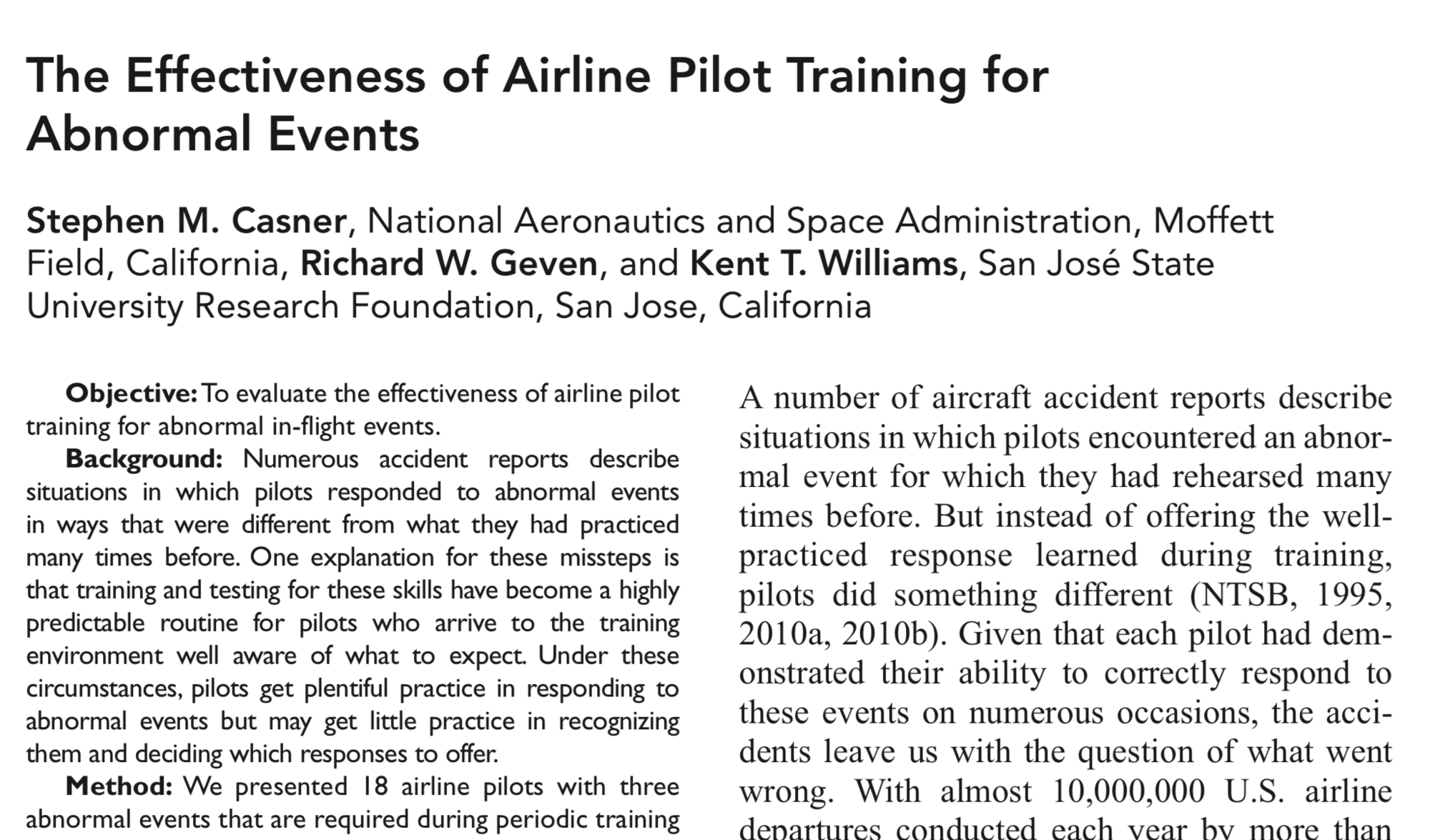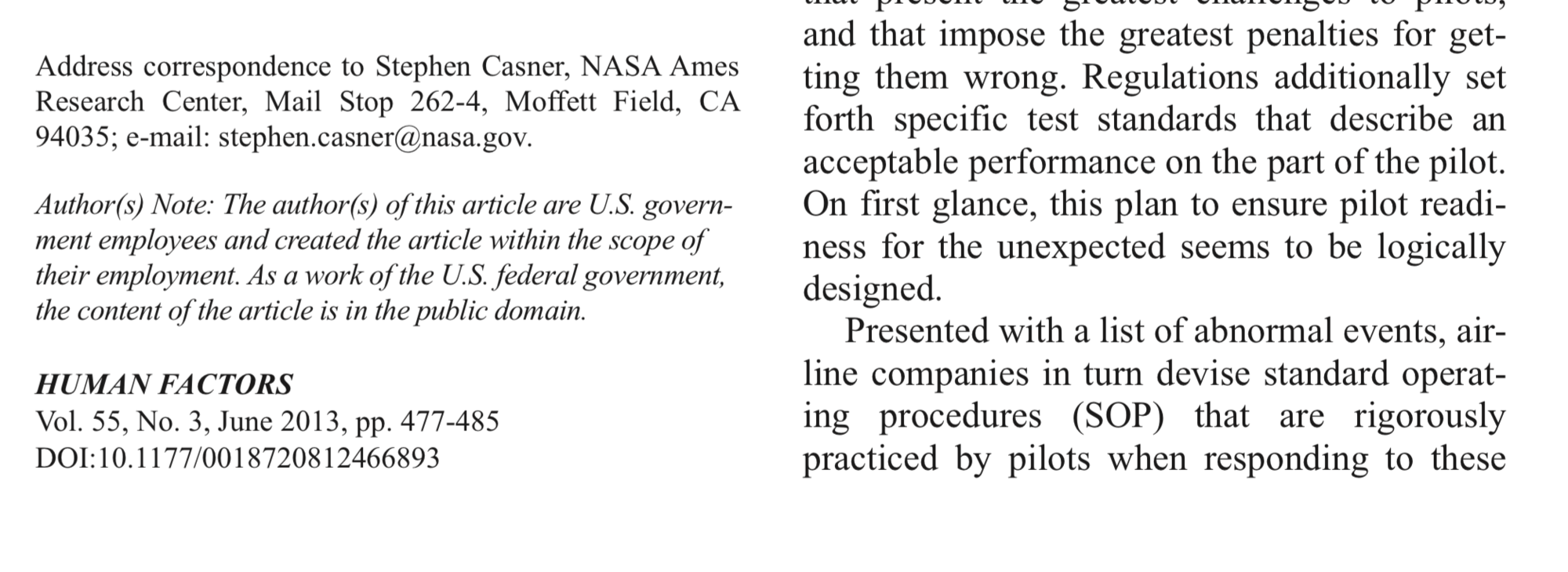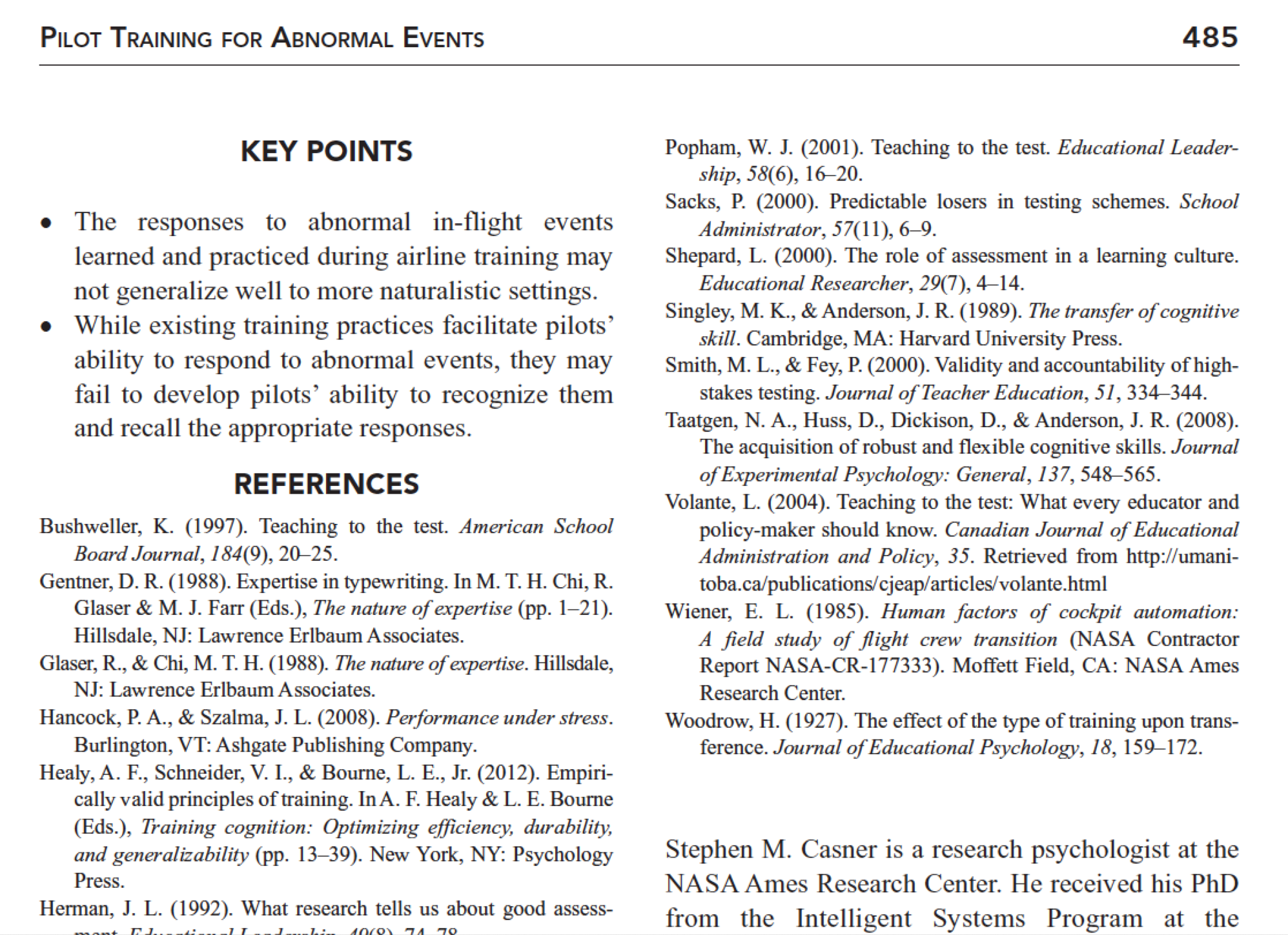I must be missing something, but I would have placed a "Golden Parachute" in the same category as a "Lead Balloon". From a Newtonian Fiziks POV, thye don't assit greatly in stopping squishy soft centered human beign affected by gravity on the rock. I digress...
However, the Boeing Presentation is interesting reading still. On or about 17th December 2018, Boeing didn't comprehend what the MCAS was doing, but was quite happy to report it to the FAA. At that moment in time, a simple review of the trim motion of Lion Air would have shown that the information in the presentation was incorrect.

Except if the crew intervene, which is assumed to occur, and at which point post the reset time of 5 seconds, the MCAS starts off again...

That was the original assumed normal operation of the MCAS if it was triggered, but the MCAS as installed drove the THS exactly the same at flaps up speed or at Warp 7... The dilithium crystals kind of got wonky on that score, and that pretty much guarantees the plane goes off piste into the rough. Now it is entirely possible that there is something else in the code that does something else, but the DFDR readout pretty much suggests that isn't the case.

Really? So why are we still on this topic, "...nothing to see here, move along..."

Are we so sure about that? Seems it is an assumption that was not aligned with the real world

Apparently not.
In the noise surrounding this forum, assumptions of what a competent crew should do has routinely been a point of contention. NASA at least bothered to do an evaluation on the assumptions that abound on what a trained crew will do (or won't do) when confronted with an event without notice. The following politely describes the findings, which a read of the source document is pretty confronting if you believe that any particular training program is fundamentally effective. In this study, the crews involved were trained and from what used to be a 1st world country.
Assuming that your training program will ensure that your crews will respond accurately, in a timely manner and effectively is not supported by this little look at the potential slip between assumed crew response and actual.


